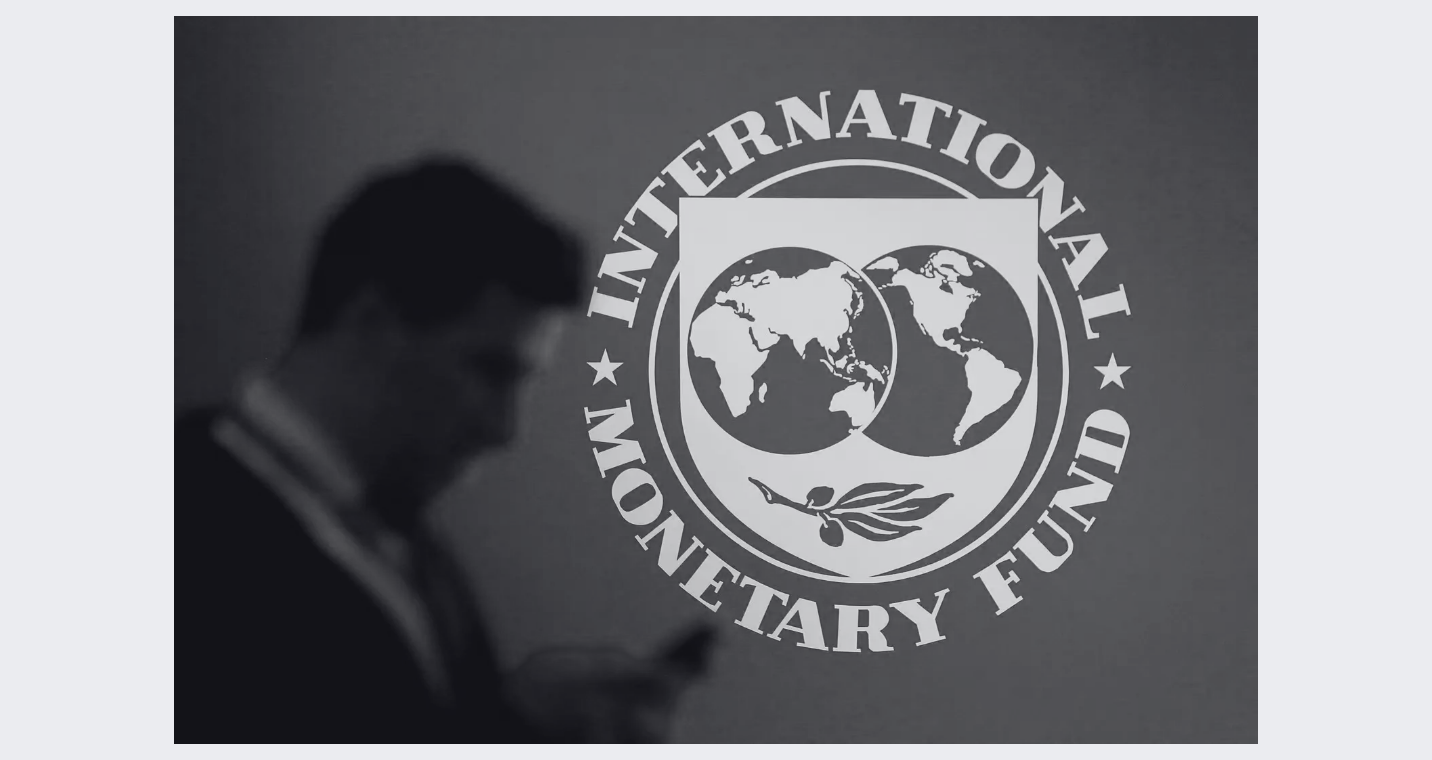Briefly: Optimism doesn’t come naturally to global bodies like the IMF, but Tuesday’s World Economic Outlook was particularly bleak. The IMF’s medium-term outlook is now the weakest in over 30 years.
Of particular concern is the IMF’s belief that inflation won’t return within target ranges before 2025. Despite falling food and energy prices, core inflation remains sticker than a popsicle on a hot summer’s day. So central bankers feel the need to jack up interest rates to cool down their over-heating economies.
But IMF economists also highlighted a new threat to global growth: “geoeconomic fragmentation”. In short, this means that as tensions between global powers increase, cross-border trade and international investment will suffer, to the detriment of outward-looking regions such as Asia.
Stay on top of your world from inside your inbox.
Subscribe for free today and receive way much more insights.
Trusted by 114,000+ subscribers
No spam. No noise. Unsubscribe any time.
Intrigue’s take: After a period of encouraging economic news, the IMF’s report is a bit of a bummer. And these forecasts matter. Boardrooms and cabinets often watch them closely, tightening their belts in anticipation of tougher times. But this, in turn, can bring on the very slowdown being warned of.
Still, the IMF isn’t the only one shaping expectations like this. On Tuesday, US Treasury Secretary Janet Yellen effectively told everyone to take a chill pill, saying “the outlook is reasonably bright.”
Ultimately, time will tell which of the two assessments the world believes most, because that’ll shape which of the two futures we get.
Also worth noting:
- Annual US inflation for March eased to 5%, the lowest figure in nearly two years.
- Famous investor Warren Buffett recently sold most of his shares in Taiwanese semiconductor giant TSMC, noting that geopolitical tensions were “certainly a consideration”.









